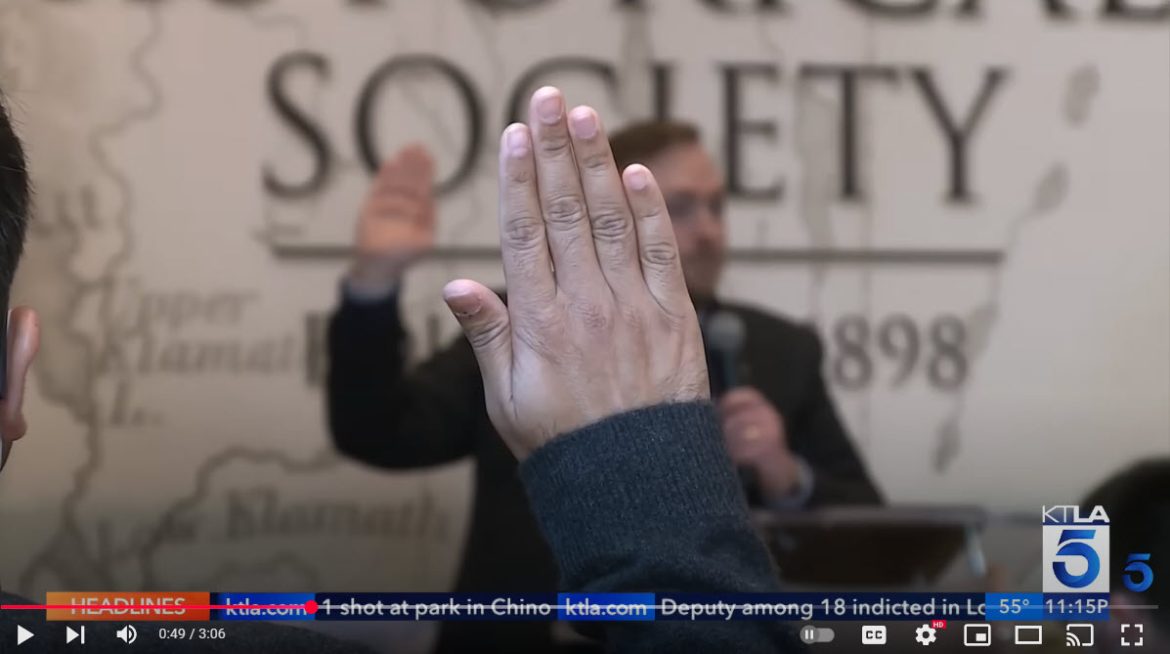In a significant shift in U.S. immigration policy, President Donald Trump announces the introduction of a ‘Gold Card’ visa program, offering a pathway to citizenship for foreign investors willing to contribute $5 million to the American economy. This initiative aims to replace the existing EB-5 Immigrant Investor Program, which has faced criticism for its susceptibility to fraud and complex requirements.
Understanding the ‘Gold Card’ Visa
The ‘Gold Card’ visa, also known as “residence by investment,” provides permanent residency and a route to U.S. citizenship for individuals who make a substantial financial investment in the country. Unlike the EB-5 program, which necessitated a minimum investment of $1.05 million (or $800,000 in targeted employment areas) and the creation of at least ten full-time jobs, the ‘Gold Card’ visa simplifies the process by removing the job creation mandate. Applicants are required to invest $5 million directly into the U.S. economy, with the expectation that this influx of capital will stimulate economic growth and aid in reducing the national debt.
Global Context of ‘Golden Visas’
The concept of granting residency or citizenship in exchange for investment is not unique to the United States. Several countries have implemented similar programs to attract foreign capital:
- European Union: Nations such as Greece, Malta, Italy, and Cyprus offer ‘golden visas’ with varying investment thresholds, typically ranging from €250,000 to €600,000. These programs often involve investments in real estate, government bonds, or local businesses.
- Caribbean Countries: Nations including Dominica, Grenada, St. Kitts and Nevis, Saint Lucia, and Antigua and Barbuda provide full citizenship to investors contributing between $200,000 and $250,000 to the country’s economy, often through real estate or direct donations.
- United Arab Emirates: The UAE offers residency permits to individuals investing at least 2 million dirhams in the local economy.
These programs have been successful in attracting affluent individuals seeking the benefits of residency or citizenship, such as favorable tax regimes, enhanced global mobility, and access to quality healthcare and education systems.
Implications and Criticisms
While the ‘Gold Card’ visa is designed to attract high-net-worth individuals and bolster the U.S. economy, it has sparked a range of reactions:
- Economic Benefits: Proponents argue that the influx of foreign capital can lead to job creation, infrastructure development, and increased consumer spending, providing a significant boost to the economy.
- Ethical Concerns: Critics contend that such programs may enable wealthy individuals to bypass traditional immigration processes, raising questions about fairness and the potential for increased inequality.
- Security Risks: There are concerns regarding the thoroughness of background checks and the potential for illicit funds being funneled into the country under the guise of legitimate investment.
Commerce Secretary Howard Lutnick emphasizes that the ‘Gold Card’ visa includes stringent vetting procedures to address these concerns and ensure that only reputable investors are granted residency. The administration projects that the program will attract substantial interest globally, contributing to economic growth and assisting in national debt reduction efforts.
Sources:
- Trump sees ‘a thirst’ for his ‘gold card’ visa idea with $5 million potential path to US citizenship
- Countries that offer a ‘golden visa’ in exchange for investments
- Donald Trump announces US ‘gold card’ visa scheme
- Donald Trump adds ‘gold card’ to global cash-for-visas competition
- Trump reveals VIP visa plan and says he wants to sell GOLD CARDS for $5million to get mega rich foreigners into US



